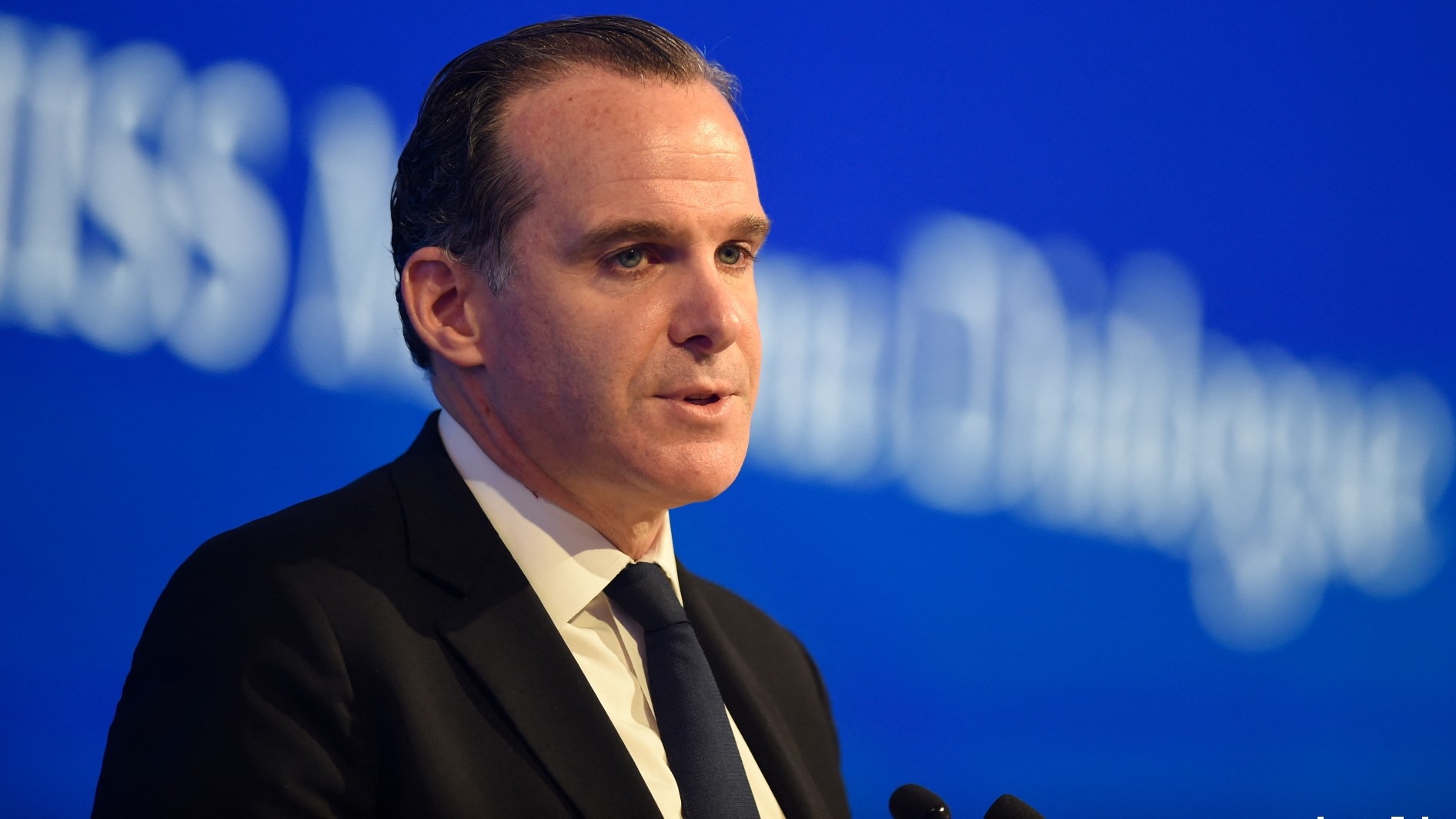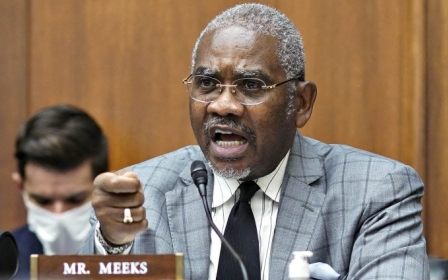US will 'never' normalise ties with Syria's Assad, says White House adviser

The United States is "never going to normalise" relations with Syrian President Bashar al-Assad, White House Middle East coordinator Brett McGurk said on Thursday.
In a virtual conversation with the Carnegie Endowment for International Peace, McGurk responded to recent moves made by countries in the Middle East to reconcile ties with Assad after a decade of war and being isolated.
"We do not support normalisation with the Assad regime. We are never going to normalise with the Assad regime," McGurk said. "We've been very clear with that."
McGurk's comments are the Biden administration's strongest to date on Syria, after the State Department said last September that it had "no plans" to normalise or upgrade ties with Assad.
His remarks also come after a letter from members of Congress was sent to the Biden administration earlier this month, which raised concerns that a number of Washington's allies in the Middle East are continuing to normalise relations with Assad without any meaningful pushback from the US.
Syria was expelled from the Arab League at the beginning of the Arab Spring protest movement in 2011, following the outbreak of the country's civil war, sparked by the brutal repression of anti-government protests. The war has killed an estimated 500,000 people and displaced millions.
But in recent years, several Arab countries have restored diplomatic relations with Damascus, allowing it to reenter the regional fold.
The United Arab Emirates led the way, reopening its embassy in Damascus in December 2018, after cutting ties in 2012. Oman returned an ambassador to Syria last October, while Bahrain last month appointed its first ambassador to the country in a decade.
Jordan's King Abdullah held a phone call with Assad, and Emirati Foreign Minister Sheikh Abdullah bin Zayed paid a visit to Damascus last November.
McGurk, who has held senior national security posts across the past four US presidential administrations, did not elaborate on whether the US was working to curb the efforts of its allies to re-establish ties with Assad, saying that "they have recognised the reality of the conflict as it exists now and are trying to protect and pursue their interests".
But the White House adviser noted that there should be distinctions made between security agreements with Syria's neighbours and discussions of normalisation.
"If Jordan, a neighbour, wants to have a discussion about border security with Syria, obviously we're not going to say no," he said.
"That's very different than normalisation with the Assad regime. And I think we ought to draw that distinction when we have these conversations."
Human rights not greater than other issues
A year since entering office, the Biden administration has repeatedly been criticised by rights groups for not doing enough on human rights, especially in the Middle East, where the US has continued to provide weapons to Saudi Arabia and Egypt.
While the administration has made some decisions in contrast with the previous Trump administration, such as pausing a massive weapons deal with Saudi Arabia and withholding a partial amount of the annual military aid to Egypt, advocates say that Washington is falling short of its commitments to human rights.
Earlier this week, the administration approved a $2.5bn arms sale to Egypt despite continued concerns over human rights abuses by Egyptian President Abdel Fattah el-Sisi's government.
McGurk told Carnegie on Thursday that while human rights was a focal point in the administration's policy approach, they do not trump other important national security issues.
"The question of values and human rights is at the table when we are having discussions about our national security interests in this region. That alone is unique," he said.
"Does that mean that human rights and values overtake every other issue? No, but it's a part of the conversation."
Middle East Eye propose une couverture et une analyse indépendantes et incomparables du Moyen-Orient, de l’Afrique du Nord et d’autres régions du monde. Pour en savoir plus sur la reprise de ce contenu et les frais qui s’appliquent, veuillez remplir ce formulaire [en anglais]. Pour en savoir plus sur MEE, cliquez ici [en anglais].





